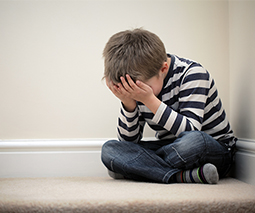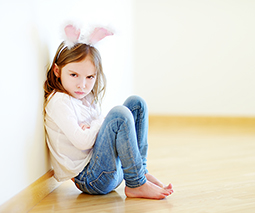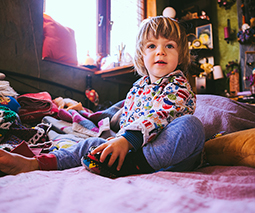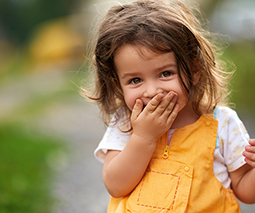Having a boy after raising a girl? What parents need to know

So you’ve got this whole parenting thing down pat. That is until you find out you’re having a boy and everything you thought you knew about raising children flies right out the window, writes Lucy Kippist.
According to parenting expert, Maggie Dent, this can be especially the case for parents who started with a little girl and now have a little boy.
“Once your little boy arrives, you’re suddenly exposed to a different reality and it can be confusing. Especially for mothers who may have grown up without brothers.”
Maggie says parents should be aware of two main things:
- Be aware that boys and girls DO have significant behavioural differences.
- Shift your own expectations of them; be realistic about the behaviours you’re asking them for.
According to Maggie, it’s widely believed that oestrogen development in utero accelerates brain development, which means girls become more savvy, quicker. Boys, on the other hand, are wired to keep moving and do very little talking.
Listen to Maggie Dent on Feed Play Love:
1. Boys and rough play
Boys jump on and all over each other. They like to ‘hit targets’ by throwing balls and sticks, and compete with one and other.
“Boys have ‘aggression nurturance’,” says Maggie. “And that means they show love by running their bodies into each other. It’s important for them that we don’t quantify all their behaviour as ‘bad’.”
2. Boys look for love and acceptance
Maggie says boys need an external experience, some show of approval by another person, to work out what they’ve done well. Little girls on the other hand, will happily focus on one task – like drawing or playing with stickers for hours at a time.
3. When it comes to entertaining boys, always forward plan!
If, for example, you’ve planned to visit Grandma in the afternoon – or just somewhere that you need them to be very quiet and still, you need to plan ahead.
“Take them to the park to run around for half an hour before you head there and also, give them something to eat. When boys are hungry they tend to get aggravated. Doing these two things will give your little boy the best chance of behaving the way you’d like him to behave,” says Maggie.
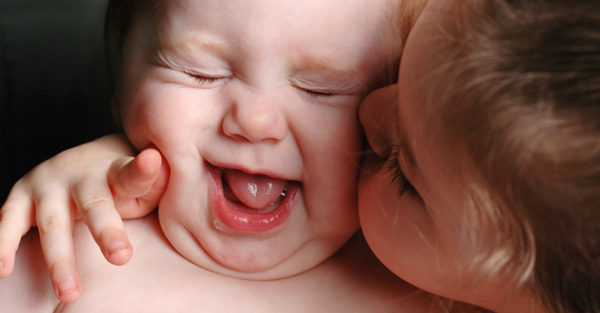
4. Spend time with mixed-age and mixed-gender groups
Playing with girls is great for boys – girls have more nuances and organisational skills, and they’re far more structured around play.
For boy-only families, try to spend as much time as possible with other families with little girls, or girl cousins.
“It’s especially great if you regularly see a big group of mixed-age children. This gives children a sense of predictability and allows them to learn emotional and social behaviour (sometimes nasty behaviours too) in an environment that is safe, with children they know and adults that will look out for them.”
5. Reassure your boy of his (and your) feelings
“Boys fear being abandoned and feeling unloved,” says Maggie. “Reassure them of your love and affection and help them find the words to give their big, ugly feelings. Like anger, or sadness and frustration. It’s important we give them the words to name what they are feeling.”
This post was originally published on Kinderling Kids Radio. Download the Kinderling app for more great stories.

